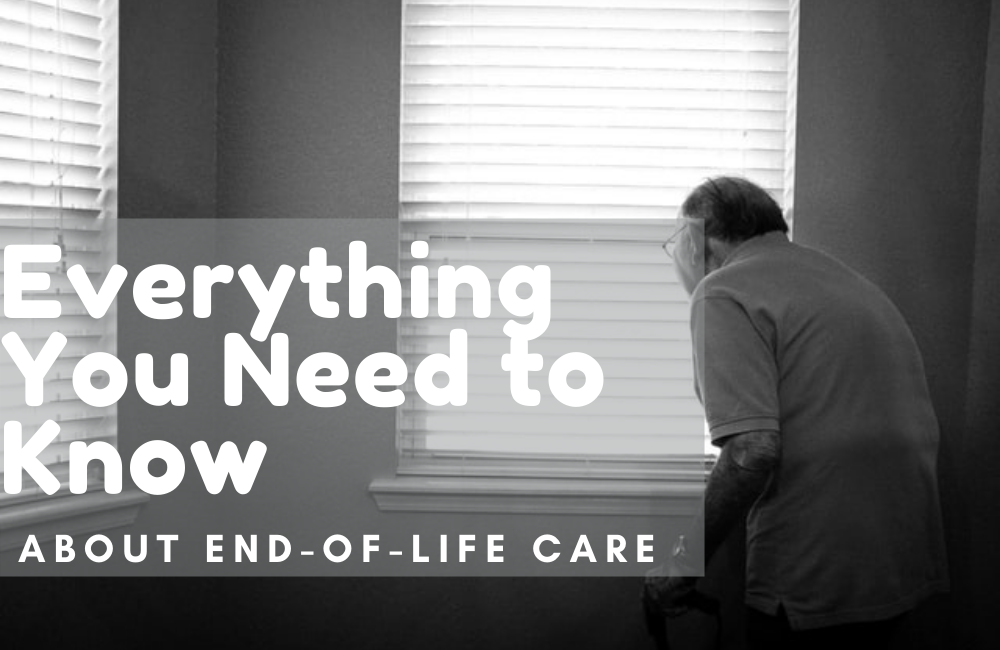Home care services offer many benefits to patients recovering from surgery or those who need special care. This service is also especially for individuals who are approaching the end of their life. Indeed, you’ll want to make sure that your loved ones pass as comfortably as possible.
Considering how vital it is, it’s quite surprising how little people know about the entire end-of-life care process. If this is something that you want to know more about, read on as we discuss everything you need to know about end-of-life care:
What is End-of-Life Care?
End-of-life care aims to help individuals who have a life-limiting or life-threatening illness. Unlike other types of care, the goal of this care isn’t to cure an individual but to manage the symptoms of the illness to give the most comfortable life possible until they eventually pass. Because of this, the entire process includes taking care of a person’s emotional, mental, physical, social, and spiritual needs. These also vary on a case-by-case basis, as the way you approach this entire process will depend wholly on the needs of the patient.
Who Is End-of-Life Care For?
As we stated above, anyone with a life-limiting or life-threatening illness is eligible for end-of-life care. To be more specific, individuals with cancer, motor neuron disease, Alzheimer’s and dementia, and people who have suffered a serious stroke or other neurological conditions should consider this care.
Take note that the diseases that we’ve listed above are only the common illnesses associated with this type of care and should not be interpreted as the only illnesses that are worthy of the care in question. It’s a common misconception that this type of care is only for individuals who are near death or older people. As long as you have a debilitating and life-limiting illness, then you can receive end-of-life care.
What Are the Benefits of End-of-Life Care?
Simply put, the main benefit of end-of-life care is comfort. The illnesses that require this type of care can be particularly painful and can cause individuals a great deal of discomfort. Through end-of-life care, these illnesses are managed, and the pain is minimized as much as humanly possible through the use of proper medical techniques and medication.
Individuals who are living with serious and debilitating ailments are under a lot of stress, which can lead to depression and anxiety. Aside from addressing an individual’s physical ailments, this type of care is also geared towards managing mental and emotional distress. Aside from encouraging conversations with trained health professionals, individuals who experience severe depression and anxiety may even be prescribed medication to better deal with these ailments.
Conclusion
We hope this article has helped shed some light on end-of-life care. It’s important to be informed of these processes, as they are vital when it comes to taking care of individuals with life-limiting or life-threatening illnesses. While passing is imminent, the most that one can do is to ensure that the sick individual is as comfortable as possible.
If you’re looking for home care services, then Bridge Home Health & Hospice is the way to go. Our experienced clinicians and therapists are more than capable of providing your loved ones with the highest quality home-based patient care that’s built around the overall respect for human dignity. For more information on our services, contact us today!

